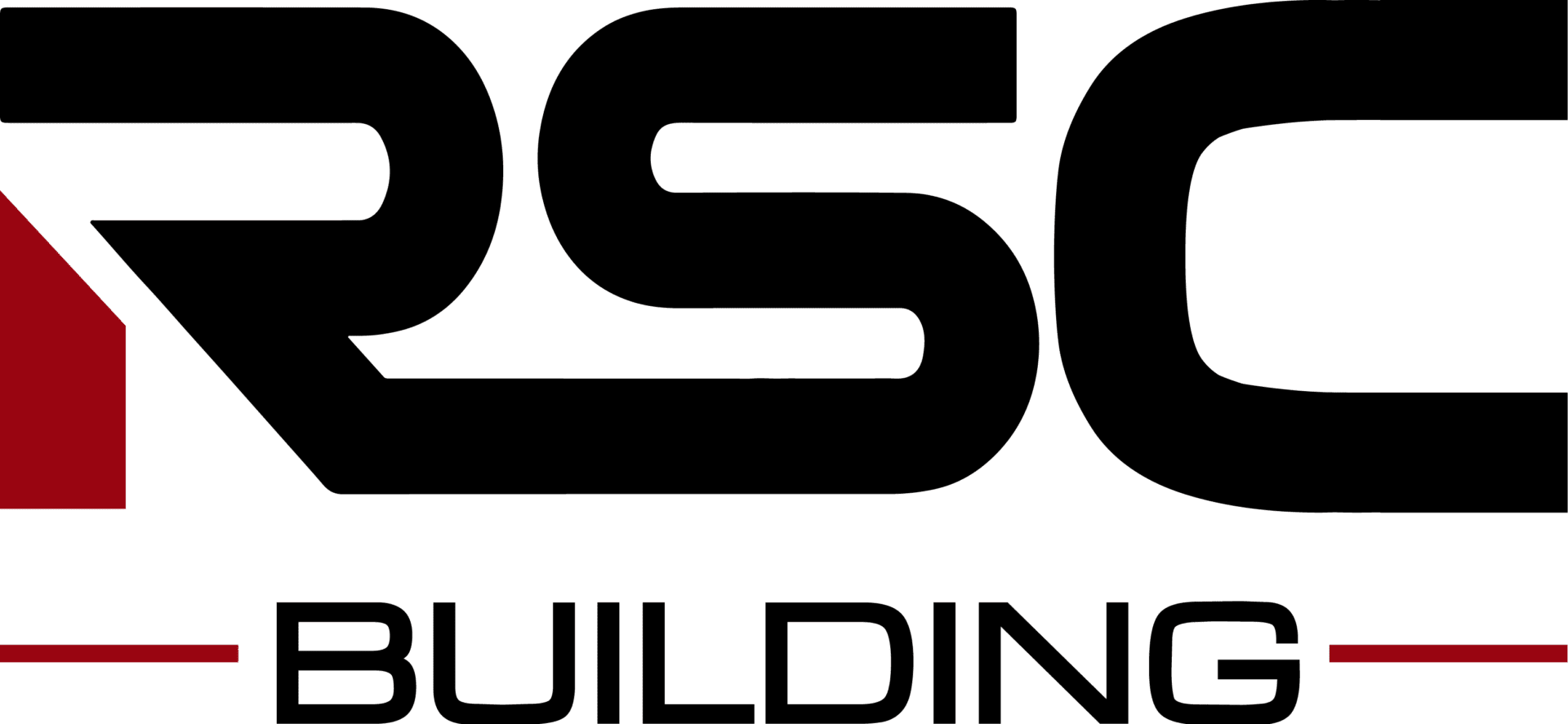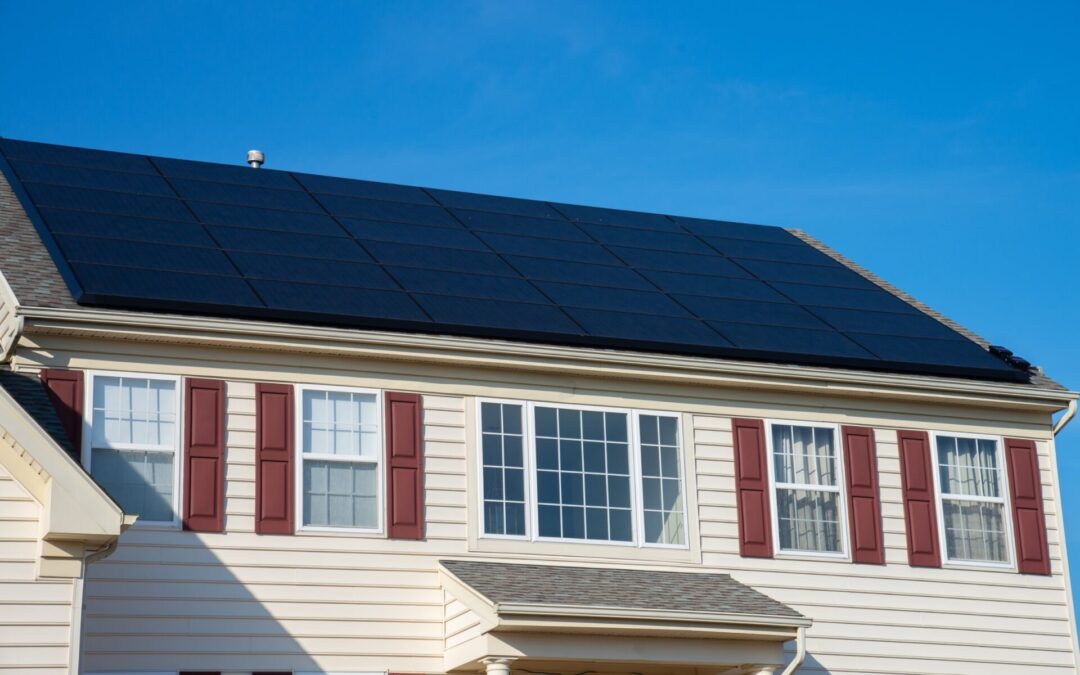With the seamless integration of technology into our lives, from smart appliances to electric vehicles, the demand for electricity in our homes is steadily rising. As these systems become increasingly mainstream, homeowners must consider how to adapt their properties to accommodate this shift. Preparing your home adds value and ensures you’re well-equipped for the changes ahead.
Read on to explore essential strategies to future-proof your home.
Assess Your Current Electrical System
Examine your electrical panel’s current capacity, the wiring’s age and efficiency, and the adequacy of outlets and circuits to ensure they meet your requirements. Engaging a certified electrician for an assessment can reveal potential vulnerabilities in your system. They can recommend steps to strengthen your home’s electrical framework, ensuring resilience and adaptability for the future. General contractors can also help reframe parts of your home to ensure electrical safety.
Upgrade Your Electrical Panel
If your home is not designed with modern electrical demands, the existing electrical panel may not be able to handle the load. It is essential to consider an upgrade to ensure it can support more power consumption. Replacing your electric service entrance box with one with a higher amperage capacity allows for more circuits. Additionally, this will help install smart meters and energy management systems.
Invest in Renewable Energy Sources
Energy efficiency can reduce your overall electricity demands, making it easier to incorporate new systems without overloading your system. While a powerful electrical system is essential, consider exploring renewable energy sources like solar panels. By balancing power usage, these panels can reduce your reliance on the traditional grid and lower your electricity bills.
As technology advances, the cost of green energy solutions decreases, making them a good option. Battery storage systems can also help store excess power to use during power outages.
Integrate Smart Home Features
By leveraging smart technology, homeowners can optimize their home systems in several ways. These systems can schedule charging during off-peak hours and reduce strain on the grid.
There are also tools that help monitor overall energy use within the home, allowing for adjustments to ensure efficiency. You can also reduce your carbon footprint by aligning your EV charging with high solar output.
Install Advanced Surge Protection
Since technological advancements are rapidly increasing household electrical demands, it’s important to protect your home’s system. Advanced surge defense involves deploying sophisticated devices designed to absorb and divert excess electricity, preventing potential damage to your home’s infrastructure.
Unlike primary protectors, enhanced models offer features like under-voltage and over-voltage protection. This can ensure a comprehensive shield against a wide array of electrical disturbances.
Navigate Legal and Regulatory Considerations
When planning to future-proof your homes, it is vital to check for legal requirements. Zoning laws, building codes, and homeowners association (HOA) regulations are essential in determining how you install new tools like EV charging stations. They provide guidelines on renewable energy infrastructure and inform changes that could impact your ability to adapt properties for new technologies.
A reputed builder or renovator can help navigate this landscape and ensure regulatory compliance.
As we embark on the evolution of electric vehicles, futureproofing your home is essential to anticipate future trends. Rob Shea Construction can help you adapt your Vermont home into a hub of innovation. Our experts will help ensure your living space is ready for the electric future. Contact us today to power up your home for tomorrow!

